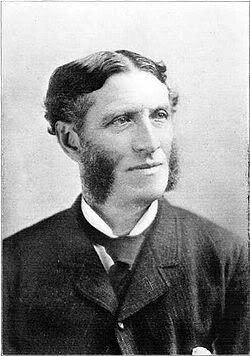It’s quite amusing to ponder the beginning of human thought. Though it may never be known, we all search for it in some way, whether it be for the greater good of all beings, personal gain, or the wellbeing of the earth. What is this mind we have and why is it often so confused? It’s like we were all just dropped onto this planet, lost, searching for a way back to pure existential fulfillment.
An 18th century poet by the name of Matthew Arnold seems to touch on this issue in his poem “Dover Beach”, in that he could see the inherent beauty the world contains, but also the human misery that seems to be separate from the perfected bliss nature expresses. Arnold juxtaposes nature with human nature, “where the ebb meets the moon-blanched sand” (8) compared to “the turbid ebb and flow of human misery” (17-18) to show that the mind is in constant conflict with its supposedly perfect surroundings. This poem was written during the period when notions of God sent religion were being questioned by science, most notably Charles Darwin’s theory of evolution. The problem this created and is expressed in Arnold’s poem is that humans have separated themselves from nature, and are now beginning to look for reasons beyond the nature of mind to explain human existence. Arnold goes on to write “but now I only hear / it’s melancholy, long, withdrawing roar / retreating to the breath” (24-26) which reminds one that people must go back to the simplest forms of existence (breathing), to go beyond the nature of their critical and often miserable minds.

No comments:
Post a Comment